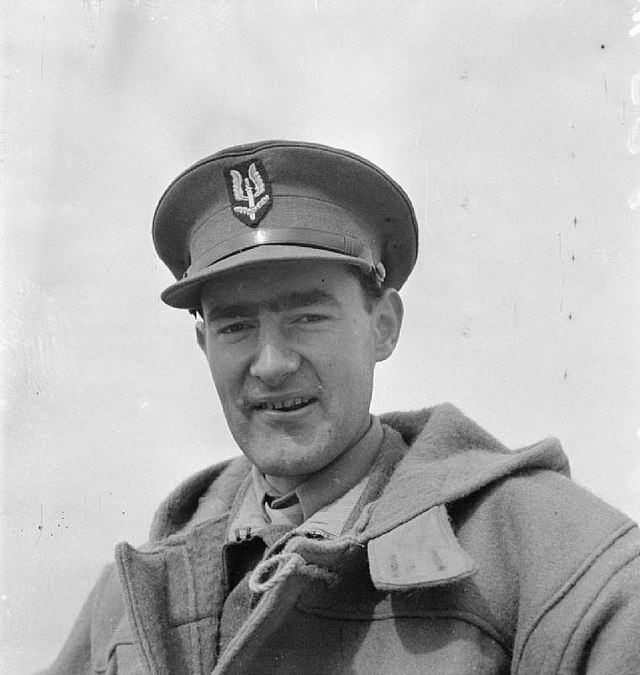Private military company
company providing armed security services From Wikipedia, the free encyclopedia
Remove ads
A private military company (PMC) is a private firm that hires armed workers to do military or security jobs for money. They sometimes call their staff security contractors or private military contractors.
PMCs offer services similar to government armies or police, but usually on a smaller scale. They may:
- Train or support government forces
- Guard people or places for private companies
- Work in war zones, which can be controversial because they may be seen as mercenaries or unlawful combatants under international law
PMCs work in many countries—P. W. Singer estimates they operate in over 50 countries and have shifted from a ratio of 50 soldiers per contractor in the 1990s to 10:1 today.
Remove ads
Services they provide
- Guarding oil sites or other important facilities in risky areas.
- Protecting businesses or important people, like government leaders.
- Flying planes or helicopters for missions, such as in Plan Colombia.
- Training local armies or police forces in Africa, Haiti, Darfur, and other places.
By 2003, the PMC industry was worth over US $100 billion a year. In 2008, PMC staff made up 29% of the U.S. intelligence community's workforce and used 49% of its money.
Remove ads
History
Early companies

In the 1960s, former British special forces (SAS) soldiers like David Stirling started the first modern PMCs, such as WatchGuard International. They worked in places like Yemen, Zambia, and Sierra Leone, helping with training and security, and sometimes selling weapons. They even planned operations against Libyan leader Gaddafi in 1971.
After the Cold War
When the Cold War ended, many soldiers left the military. Over 6 million joined PMCs, helping them grow fast. Major PMCs include:
- Vinnell and Military Professional Resources Inc. in the United States.
- G4S in the United Kingdom.
- Executive Outcomes in South Africa.
Many special-forces members from countries like the United Kingdom, the United States, and Canada also joined PMCs.
Remove ads
Important contracts and operations

- The U.S. LOGCAP program started in 1985; by 1992, it was supporting the U.N. mission in Somalia.
- From 1994, the U.S. Department of Defense made 3,601 PMC contracts worth $300 billion, including after Hurricane Katrina.
- After the USS Cole bombing in 2000, Blackwater got its first U.S. military contract.
- PMCs like Blackwater became well-known in the 2000s during the U.S. wars in Iraq.
- PMCs also work for U.S. departments like Energy, Homeland Security, and the State Department, especially in high-risk areas.
Debates and controversy
There is much debate about using PMCs:
- They use military force but are not government soldiers, which can raise legal and ethical questions.
- Critics say they act like “mercenaries.”
- Supporters argue they bring flexibility and lower costs when governments cannot provide enough forces.
Notable groups and news
Some well-known PMCs or related events:
- Wagner Group, from Russia, led by Yevgeny Prigozhin. It has been active in Ukraine, Syria, Libya, and Africa and is accused of harsh behavior and human rights abuses.
- Erik Prince, founder of Blackwater, has proposed starting a PMC in Ukraine to use local veterans and military factories.
- Gazprom Neft in Russia may be creating its own security force like a PMC to protect pipelines and resources.
Remove ads
Wikiwand - on
Seamless Wikipedia browsing. On steroids.
Remove ads